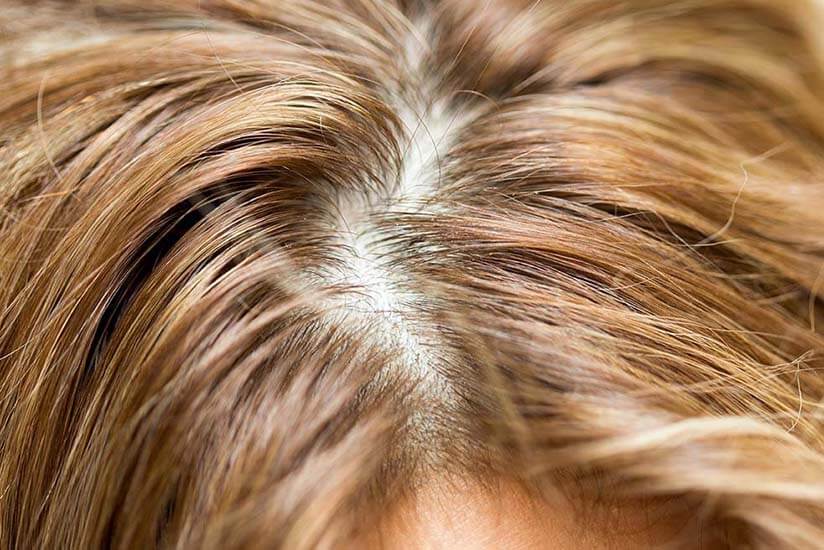Hair Follicle Drug Testing: A Guide for Family Lawyers

In the realm of family law, particularly in cases involving child custody battles or allegations of substance abuse, the need for accurate and reliable drug testing methods is paramount.
Among the various options available, hair follicle drug testing stands out for its ability to provide a comprehensive history of drug use. As a family lawyer, having a solid understanding of hair follicle drug testing can be invaluable in building your case and advocating for your clients.
In this guide, we’ll address common questions family lawyers may have about hair follicle drug testing.
1. What is Hair Follicle Drug Testing?
Hair follicle drug testing is a method used to detect the presence of drugs in a person’s system by analysing a small sample of hair follicles.
Unlike other forms of drug testing, such as urine or oral fluid tests, which provide a snapshot of recent drug use, hair follicle testing can detect drug use over a longer period, typically up to 90 days.
2. How Does Hair Follicle Drug Testing Work?
When a person consumes drugs, traces of these substances are absorbed into the bloodstream and eventually deposited into the hair follicles along with other nutrients.
During hair drug testing, a hair sample is collected from the individual’s scalp, usually from the root end, and sent to a laboratory for analysis.
The laboratory then processes the sample using techniques such as Liquid Chromatography/Mass Spectrometry (LC/MS) to detect the presence of specific drugs or their metabolites.
3. What Drugs Can Hair Follicle Testing Detect?
4. Is Hair Follicle Drug Testing Reliable?
Hair follicle drug testing is highly reliable when conducted by accredited laboratories using validated methods.
Unlike urine tests, which can be susceptible to adulteration or substitution, hair follicle testing is difficult to tamper with, making it a preferred option in many legal contexts.
However, it’s essential to ensure that the testing laboratory follows strict quality control measures and employs certified technicians to maintain the integrity of the results.
5. Can Hair Follicle Testing Determine the Timing of Drug Use?
While hair follicle drug testing can provide a historical overview of drug use over several months, it cannot pinpoint the exact timing of drug consumption with precision.
Factors such as the rate of hair growth and the length of the hair sample collected can affect the interpretation of results. Additionally, external contamination from environmental exposure to drugs can sometimes lead to false positives.
Therefore, it’s essential to consider these limitations when interpreting the results in a legal context.
6. How Can Hair Follicle Drug Testing Benefit Family Law Cases?
In family law cases, especially those concerning child custody disputes or allegations of substance abuse, hair follicle drug testing can serve as compelling evidence to substantiate or challenge claims made by either party.
With its extended detection window spanning up to 90 days, hair testing provides a more comprehensive depiction of a parent’s drug use behaviour over time. This detailed understanding can significantly impact custody decisions or visitation rights, offering courts a clearer insight into the parent’s ability to provide a safe and stable environment for the child.
Safework Health: Your Trusted Hair Testing Partner
Safework Health, as a leading provider of hair follicle drug testing services, prioritises strict adherence to chain of custody procedures to uphold the reliability and credibility of our results in legal proceedings.
With a nationwide network of NATA-accredited laboratories, we guarantee meticulous analysis of hair samples for traces of drugs, providing accurate results backed by rigorous testing methodologies.
Our commitment to delivering swift outcomes within 7 to 10 working days empowers family lawyers to make well-informed decisions efficiently in cases involving substance abuse allegations.
Contact Safework Health today to discover how we can support you in promoting a safer and healthier environment for families.
